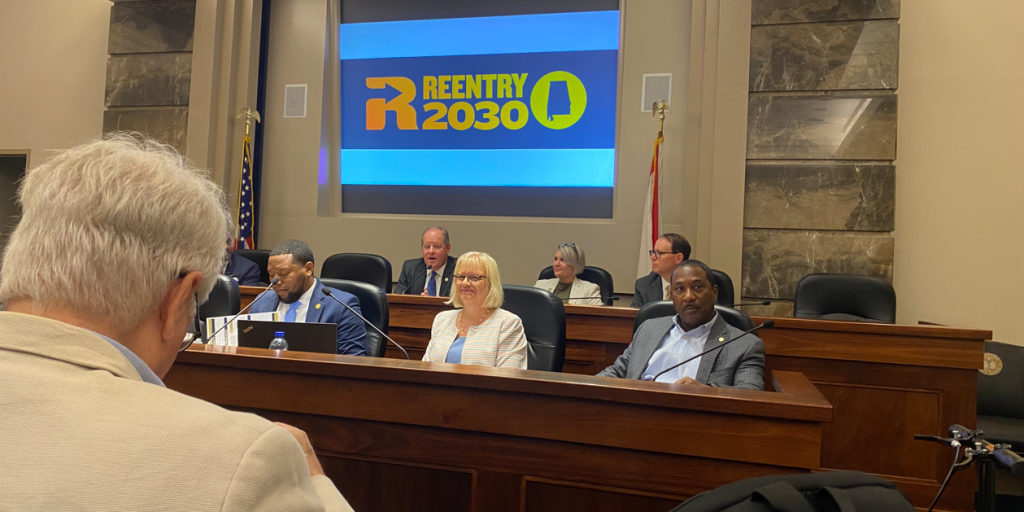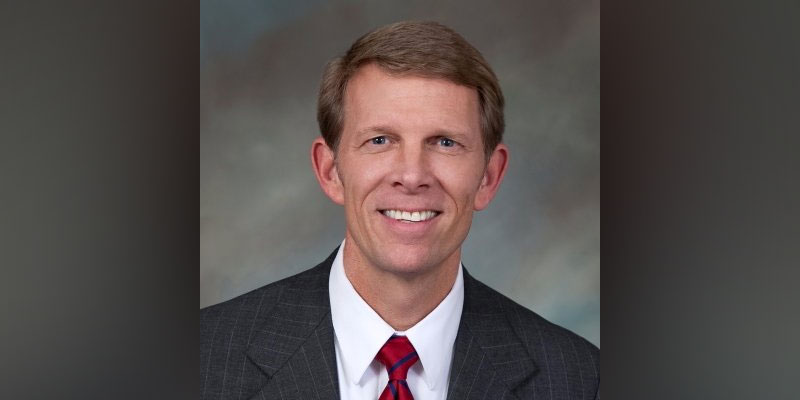Lawmakers and political observers say the Business Council of Alabama still has plenty of pull in the state despite some loses in the State House and speculation about the future of the group’s chief executive officer.
“I think it’s been effective,” said William Stewart, a political science professor at the University of Alabama who argues that supermajorities actually limit the impact of lobbying groups. “But on the other hand, I don’t think it needs to be as effective as it was in the past.”
The organization’s chairman, Perry Hand, also recently dismissed as “totally false” an article by the Alabama Political Reporter claiming BCA’s executive board had agreed to oust CEO Bill Canary. His contract runs until December 2020, a spokesperson said.
“Trying to bend us to their will, the bloggers have even taken to personal attacks on me, as chairman,” Hand wrote in an email to Yellowhammer News. “We will never be intimidated into bad decision making. The BCA has seen similar tactics in the past, but we will not let our rivals distract or divide us.”
The article didn’t cite any named sources.
Hand said the BCA will continue to look to create a climate in Alabama that is conducive for the growth of existing businesses and recruitment of new ones. He said the organization represents one million working Alabamians through its member companies, which include a wide cross-section of every segment of the state’s business community.
“Our organization is a deliberative body guided by our by-laws and our legislative agenda that is developed by our active members of all sizes,” Hand wrote. “That agenda is adopted by our board of directors annually in advance of every legislative session and focuses on improving major areas that impact every single business in Alabama: Education/Workforce, Healthcare, Infrastructure and Regulations. And, from a national platform, the BCA is Alabama’s exclusive representative to the National Association of Manufacturers and the U.S. Chamber of Commerce.”
The BCA is known as one of the more powerful and wealthiest of the state’s major trade associations.
Nancy Wall Hewston, senior vice president of communications for BCA, told Yellowhammer News in an email that public finance reports from 2016 showed only a “snapshot” in time and shouldn’t be used to determine an organization’s overall financial health.
“The BCA finished 2016 with a balanced operating budget and a surplus of $7,447,” Hewston wrote, adding that the BCA currently has “zero debt” and “more than one-year’s operating budget in reserves.”
Recent wins and losses
Political columnist Steve Flowers, who is an outspoken critic of Canary, wrote last year that the BCA lost three agenda items in 2017: raising the state gas tax to pay for infrastructure improvements, quashing a bill to require businesses to cover advanced autism therapies in insurance plans and revising the Alabama Accountability Act, which allows parents to move their children from schools placed on the state’s failing list to other schools.
Hewston argued that Flowers clearly handpicked certain items to paint an inaccurate picture.
She said that 2017 marked the first time in 25 years that serious conversations of investing in the state’s failing infrastructure occurred in earnest, and that Gov. Key Ivey, House Speaker Mac McCutcheon and Senate President Pro Tem Del March were among the state leaders who supported renewed infrastructure investment.
She said a wide coalition of business groups support the measure.
“They know that to continue creating jobs in this state, we cannot ignore this issue for another 20 years,” she said. “Now, everyone is talking about solutions to this problem instead of ignoring the problem.”
Among other successful pieces of legislation that BCA was actively engaged in included an update of the Alabama Jobs Act to better help Alabama’s economic development team retain and recruit jobs, more funding for education programs to increase student proficiency and improve the workforce and the defeat of Mandatory Unitary Combined Reporting, a business tax increase pushed by the Alabama Education Association.
“These were all major issues for Alabama’s job creators,” Hewston said.
Because the BCA is such a large coalition of state businesses its hands are on so many pieces of legislation, said State Sen. Cam Ward (R-Alabaster). Therefore, he said it’s hard to give the group a letter grade on effectiveness.
Ward noted that while BCA failed on the gas tax and the autism therapy legislation, it was successful on the 2017 Alabama Historic Rehabilitation Tax Credit, which provides a tax credit to owners of homes or commercial properties who substantially rehabilitate properties listed on or eligible for the National Register of Historic Places.
“I think there was the perception that when Republicans took over in 2010 that they’d get whatever they wanted,” Ward told Yellowhammer News. “They’ve won some and they’ve lost some, but that’s politics for you.”
The autism therapy bill gained nearly unanimous approval in the Alabama Legislature and will require employers of at least 50 workers to provide advanced autism therapies as part of their insurance coverage.
But even then, the BCA enjoyed some success by working to ensure that smaller businesses wouldn’t be affected by the legislation.
The heated debate created plenty of tension: Sen. Dick Brewbaker (R-Pike Road) threatened to filibuster the remainder of the 2017 session if the autism therapy bill didn’t make it to the floor for a vote.
He made it apparent he still holds a grudge against BCA when he recently tweeted, “If either of the candidates running for my old Senate seat, district 25, accepts an endorsement or money from BCA I’m (for whatever it’s worth) endorsing the other one.”
Hewston said that 158 candidates in 140 state legislature races this year have sought the endorsement of ProgressPAC, the BCA’s lobbying arm. It has made endorsements in 116 of those races and spent more than $557,000 in those contests.
Interest groups with less influence?
Canary has led the BCA since 2002, a period of dramatic economic development that coincided with the historic Republican takeover of the State Legislature in 2010.
Stewart, who has studied the effect of supermajorities across the country, told Yellowhammer News that the ensuing GOP supermajority now requires fewer results from lobbying groups like the BCA. Although some have speculated that Canary may be to blame, the professor said he believes that’s a minor issue in the discussion.
“I don’t see it as a Canary issue,” he said. “The interest groups like BCA just don’t have the power they once had.”
BCA never stood a chance on the autism therapy bill, Stewart said.
“Legislation like that, that affects children, legislators don’t want to go back to their districts in an election year and tell constituents they voted against their children,” he said.
(Editor’s note: This article is the second of a two-part series examining the current controversy surrounding the BCA. The first can be read here, along with an editorial written by the Yellowhammer Multimedia Executive Board.)
(Sign-up for our daily newsletter here and never miss another article from Yellowhammer News.)













